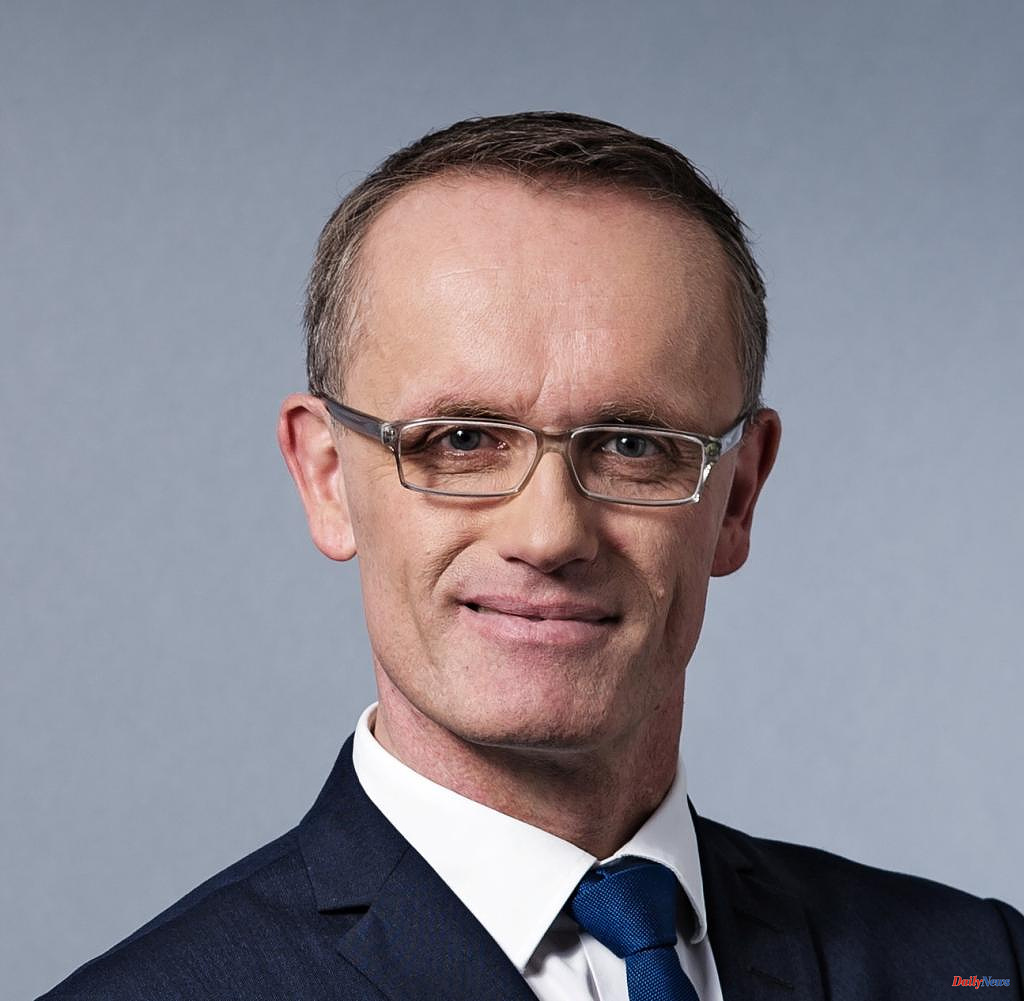An editorial in the Süddeutsche Zeitung recently informed its astonished readers that the West's policy of sanctions against Russia was "never about really forcing Putin to his knees, but about sending a signal against war and for freedom will".
Indeed, Vladimir Putin has not been brought to his knees, at least not yet. But it is doubtful that the sanctions will reach the Kremlin ruler only as a sign against war and for freedom.
It is correct: The EU has restricted or announced restrictions on imports of many goods from Russia, from coal, steel, wood and cement to fish and liquor to gold. But all of this is clearly being overcompensated, at least in the case of Germany, by the thriving business with Russia's gas. Falling delivery quantities are more than compensated for by the increased prices.
This is shown by new figures from the Federal Statistical Office in Wiesbaden. German customers transferred 3.5 billion euros to Russian suppliers in June alone. Despite the war and sanctions, this corresponds to an increase of almost five percent compared to May. Compared to May 2021, the increase is even 39 percent.
In the entire first half of the year, Russia's revenues from business in Germany totaled 22.6 billion euros. More than in the previous record year 2012. And no less than 52 percent more than in 2021.
In the year in which Putin launched his war of aggression against Ukraine of all times, Germany's role as a financier only grew further. In purely mathematical terms, the bulk of the Russian military budget can be paid for with the transfers from Germany. In the past year, which was already marked by armaments, Russia's military expenditures amounted to around 57 billion euros.
Of course, the rising revenues are mainly due to price effects. This can be seen from the provisional figures from Wiesbaden when looking at the weight of the imports: Measured in tons, imports were around 30 percent below the previous year's level.
But that doesn't detract from Putin's position, on the contrary: The autocrat and his henchmen earn more in the German business - and can still leave more gas in the ground and save it for later funding. So that later even more billions will flow from Germany to Russia.
"Everything on shares" is the daily stock exchange shot from the WELT business editorial team. Every morning from 7 a.m. with our financial journalists. For stock market experts and beginners. Subscribe to the podcast on Spotify, Apple Podcast, Amazon Music and Deezer. Or directly via RSS feed.












